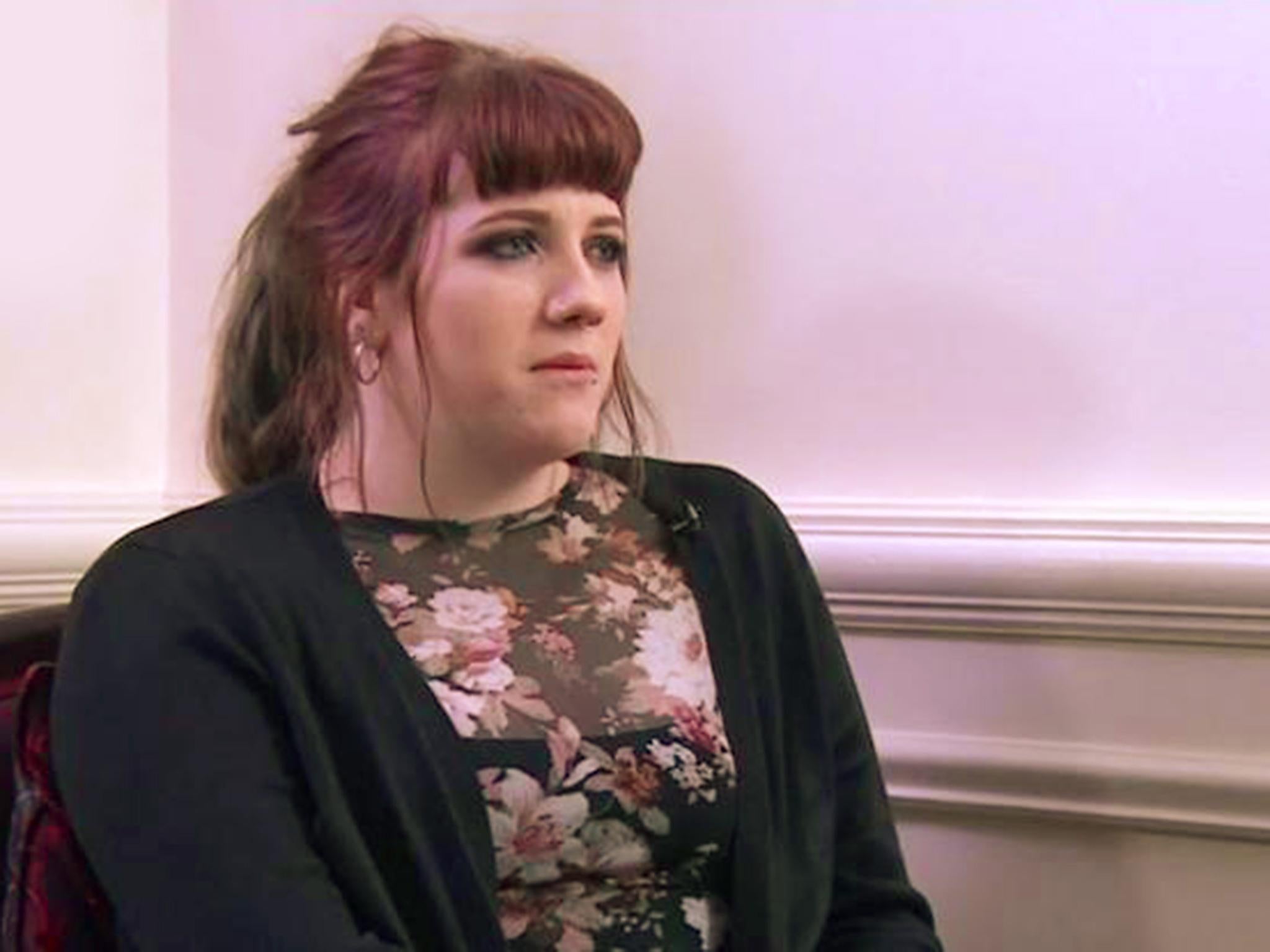Judges who use their position to lecture victims about rape or abuse should keep their opinions to themselves
A number of recent cases have included judges lecturing women on what they should and shouldn’t do in order to not become victims of assault. But judges should interpret the law dispassionately and fairly, not work as agony aunts and uncles


The UK’s most senior judge is concerned that compulsory retirement at 70 will leave the profession short of talent. Lord Neuberger wants judges to be able to continue (as jury members now do) until they are 75. Is that a good thing? We might lose years of experience and the miniscule number of women at the highest level might shrink even further – but comments from some members of the judiciary indicate that a ruthless spring clean on the simple (if unfair) grounds of age could be a positive move.
Several recent cases indicate that some judges are using sentencing as an opportunity to pose as social commentators and even offer advice. Summing up in her last case before compulsory retirement, Judge Lindsey Kushner told a young rape victim that she wanted to urge her gender to protect themselves from predatory rapists who take advantage of women who have drunk far too much.
In this case, the rapist received a six-year sentence. His victim, Megan Clark, voluntarily identified herself and agreed with the judge’s remarks, although she found the sentence imposed was “disappointing” and said that it hurt that some people had “blamed” her for the attack.
The violent act of rape has become part of everyday entertainment on TV from soaps to popular series like Broadchurch. Rape gets ratings; it sells books and newspapers. Victoria Derbyshire’s BBC programme will be pleased that Megan Clark waived her anonymity and spoke to them first because more people will have tuned in.
I’m not sure Clark or Judge Kushner were right in their assumptions. Why should young women be singled out as needing to protect themselves more than any other group? Contrary to popular myth and the storylines in soaps, our streets are not more violent than they were 10 years ago. The number of women who report rape has increased, but men are not more violent.

There has been a concerted effort by the police to persuade victims that they will be taken seriously and treated sensitively if they come forward to report rape or acts of violence, although the number of cases that result in a successful prosecution remains stubbornly low because often it is one person’s word against another in court. In Megan Clark’s case, her rape was filmed by a bystander who rang the police.
The idea of rape as an ever-present danger nonetheless persists: Sunday night BBC drama Apple Tree Yard revolved around middle class rape, where the woman involved was cheating on her husband and enjoying dangerous sex. Even in Poldark, the rape scene was a key part of the storyline, offered as the pivotal moment when a marriage disintegrated, filmed in soft focus candlelight just like an ad for chocolates.
Rape is screened into our living rooms nightly, but out in the real world, in our towns and cities, are women really in more danger than ever before?
There seems to be a new trend for the judiciary to offer opinions about how women should be behaving, and seemingly factor those opinions into their sentencing. Last week, Judge Jamie Tabor gave a paedophile a six-year jail sentence for inciting a 14-year-old girl to engage in sexual activity in front of a webcam. The judge used the occasion to lecture a group of schoolgirls in the public gallery about the need to keep their clothes on and refrain from posting any images that they would find embarrassing in later life, adding: “That is the best advice I can give you, ever.”
Judges should interpret the law dispassionately and fairly, not work as agony aunts and uncles. Another judge whose opinions on women are distasteful has ruled that the wife of a cricketer who slapped her until she was unconscious and then beat her with a cricket bat and forced her to drink bleach was “not vulnerable”.

Judge Richard Mansell said she was “an intelligent woman with a network of friends, who had completed a university degree” since the couple split up. Mustafa Bashir was described as a “dominating’ husband who called his wife “a slag” when she socialised with English girls.
Astonishingly, this brute only received a suspended sentence and an order to attend a relationships workshop. Domestic abuse victims aren’t just female and they come from all sorts of backgrounds. The definition of vulnerability is fraught with difficulties and should be abandoned. Equally, telling a woman not to drink because it places her at risk is just as blinkered. What about the crime of male-on-male rape, when the victim is drunk or has taken drugs?
We are all vulnerable to predators once we lose control of our faculties. As for telling young girls not to take their clothes off for strangers, has the judge forgotten cases when young men were groomed to do exactly that?
At the moment, few men and women want to join the judiciary: last year, there were 140 unfilled vacancies for Crown Court judges and six in the High Court. We need applicants from a more diverse pool, and the job description clearly needs to be brought into the modern age. Women don’t need advice from a learned judge any more than men do.
Join our commenting forum
Join thought-provoking conversations, follow other Independent readers and see their replies
Comments
Bookmark popover
Removed from bookmarks